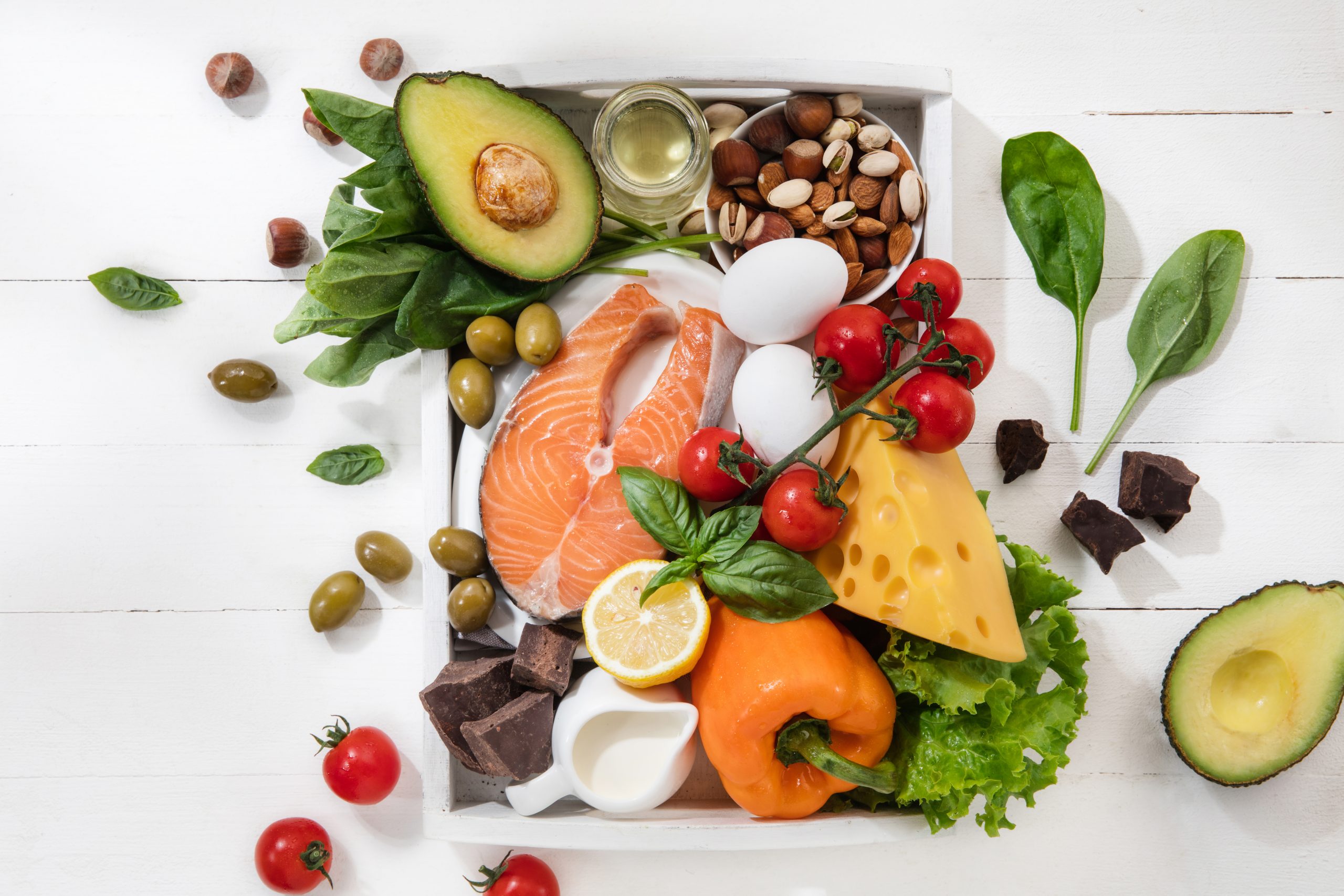Why do we need CoQ10?
CoQ10's main function is to act as an energy transfer molecule, where it is a co-factor in the production of energy. Essentially, all cellular functions are dependent on an adequate supply of energy, which explains why coq10 is vital for all tissues and organs. CoQ10 is also one of the most significant lipid antioxidants that prevents the generation of harmful substances in the body, such as free radicals, which can lead to the modification of proteins, lipids, and DNA.
Antioxidant is defined as a substance that inhibits the oxidation process or is a scavenger of free radicals that are produced by normal body processes, hence making the body more stable.
Due to its function as antioxidants, not only can it help neutralize free radicals and prevent the damage caused by free radicals, but it can also improve energy and augment the immune system.
Who needs CoQ10?
There are certain individuals who need to consume more CoQ10 as the amount in their bodies is diminishing.

How much do we need CoQ10?
A typical CoQ10 dosage is about 30–90 mg per day, taken in divided doses, but the recommended amount can be as high as 200 mg per day. CoQ10 is a fat-soluble antioxidant, so it is better absorbed when taken with a meal that contains oil or fat. The clinical effect of CoQ10 may take up to eight weeks.
Food source with CoQ10?
Primary dietary sources of CoQ10 include oily fish (such as salmon and tuna), organ meats (such as liver), and whole grains. Most individuals obtain sufficient amounts of CoQ10 through a balanced diet, but supplementation may be useful for individuals with particular health conditions. CoQ10 is available as a supplement in several forms, including soft gel capsules, oral spray, hard shell capsules, and tablets.

Safety precautions
Consumption of CoQ10 might not really be suitable for individuals who consume warfarin medication, pregnant women, or breastfeeding mothers.
References